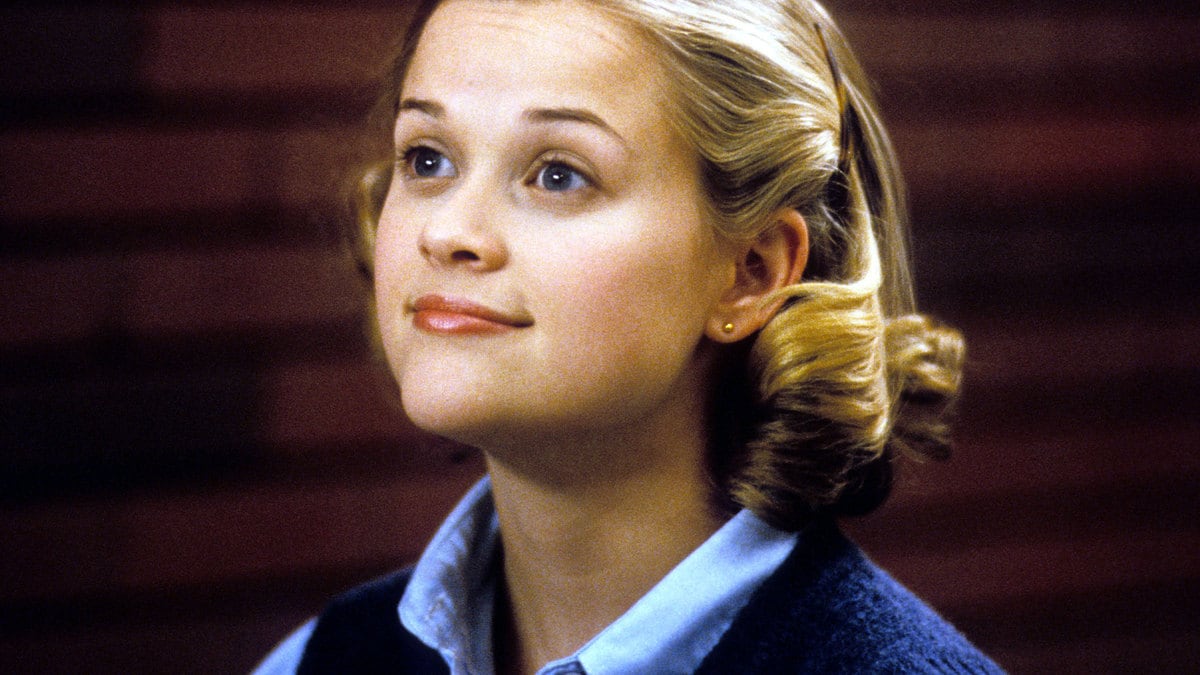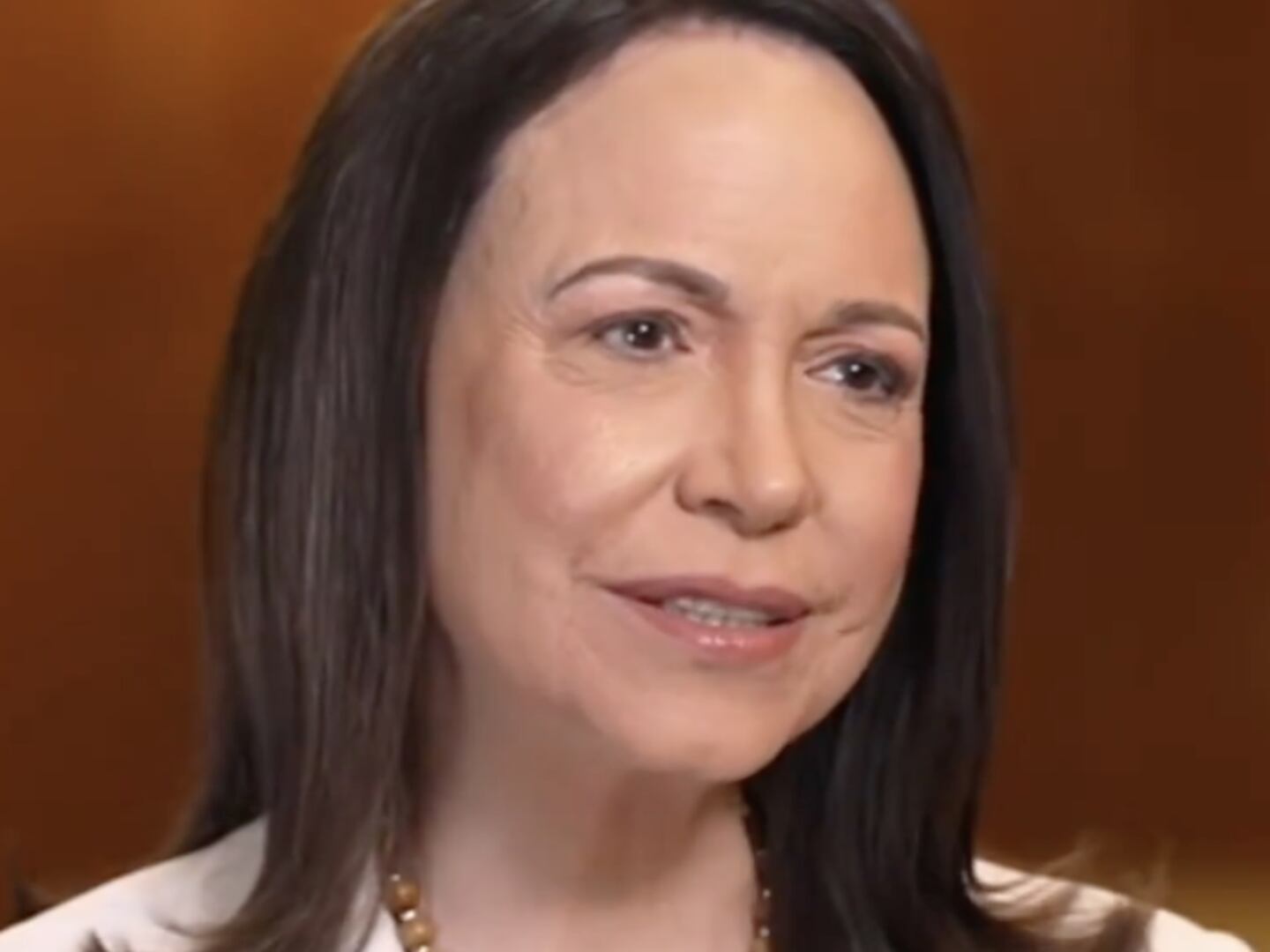You probably remember Tracy Flick. She’s the driven high school senior who had an affair with her English teacher and was voted class president despite the sleazy efforts of another teacher to swing the election in her opponent’s favor. Depending on whether you read author Tom Perrotta’s Election, in which Tracy was the main character, or saw the classic 1999 movie of the same name starring Reese Witherspoon as Tracy, she was either (a) headed to college at Georgetown and an unknown future (the book), or (b) working as a congressional intern and on her way up the political ladder (the film).
So what did happen to Tracy? Perrotta finally answers that question in his latest novel, Tracy Flick Can’t Win, which finds Tracy, decades after high school, back in her hometown with an out of wedlock child and working as an assistant principal at the local high school. She’s still the same old “love her or hate her but you can’t ignore her” Tracy, friendless and ambitious, hoping that the retirement of the school’s principal will elevate her to the top job. She admits that she wanted to be the first woman president, but when her mom got sick with MS, she moved back home to help care for her, started teaching, eventually got a Ph.D., and managed to get the job she currently holds down.
“I think I was responding to the world’s interest in Tracy,” Perrotta told The Daily Beast when asked why he returned to his most famous character over 20 years later. “Reese Witherspoon brought that character to life, and in the 20 years since the movie, she’s become a kind of shorthand for an ambitious woman in America, the idea of a feminist girl who is ambitious for herself, with some of the flaws ambitious men have.”
In the new book she’s also more sympathetic than she was years ago, possibly because the passage of time has altered how we see her and how she sees herself. “I desperately wanted to go back in time, to find the girl I used to be and tell her how sorry I was for letting her down,” says Tracy in the book, “that fierce young woman who never had a chance, the one who got crushed.”
The fact is, Perrotta feels that the ensuing years since the book and movie came out have helped reshape Tracy’s narrative. Now we can see her, sympathetically, as an ambitious working class kid raised by a single mother, who was used for sexual pleasure by an older authority figure.
”For a long time, I would hear ‘Tracy, she’s a nightmare, she’s a steamroller,’ there’s that kind of visceral distaste for Tracy,” he says. “Then people would say, ‘Wait a second, what did Tracy do that’s so bad?’ She has a sexual relation with a teacher, and instead of looking at her the way we do now, we blame Tracy for ruining this guy’s life. Tracy really didn’t do anything to justify the intensity people feel about her. Ambitious women are horrifying in a way sometimes that ambitious men aren’t.”
Perrotta’s books have made him something of a sage of suburbia, and a chronicler of high school life. In addition to Election, he’s written The Abstinence Teacher, about a sex education teacher who lives in suburban New Jersey; Little Children, about the interweaving lives of several suburban Boston residents; and The Leftovers, about a small Ohio town dealing with the rapture-like loss of a significant part of its population. The author is himself a working class kid from a New Jersey suburb who says he feels “like what happens to you in high school is what determines your identity. I grew up in a working class family and went to a working class high school. Where I grew up, everyone was in kind of the same boat, and then I went to college (at Yale, then Syracuse for an M.A.), and realized I grew up in this bubble.”
That was one inspiration for Perrotta’s work, but so was his reading of other writers, particularly people like Raymond Carver, whose stories about “ordinary working class lives were really liberating to me, and I started reading writers who were writing about ‘ordinary people.’ So that’s where I find the stories, not because I think [suburbia] is a more inherently interesting world, it’s just the world I find myself in.”
Perrotta has also been lucky in two important respects: not only have his books sold well, but it’s hard to imagine any writer whose film and TV adaptations have been so critically acclaimed. Election, The Leftovers, Little Children, and Mrs. Fletcher (a 2017 novel about porn addiction and parenthood) have all made it to the big or small screen and received glowing reviews and Oscar, Golden Globe, and Emmy recognition.
Part of this success, says Perrotta, “is the people I have collaborated with,” who include Alexander Payne (Election, About Schmidt, Sideways), Todd Field (Little Children, In the Bedroom) and Damon Lindelof (The Leftovers, Lost, Watchmen). But, he adds, “obviously the material has to attract these people. I think I got lucky, especially with Election. I was an unknown writer at that point, and that was just a stroke of luck. I think that then allowed other people to pay more attention to my work than they might have. I also came around at the right time, when it became possible to make these small, dark movies. And then that moved into the TV world.”
So it comes as no surprise that, according to Perrotta, “discussions are happening” about turning his current work into a film or TV production. It seems almost a given that Tracy Flick Can’t Win will become a best seller, and that people will be eager to see a mature Tracy portrayed in the flesh by a top actress, maybe even the 46-year-old Reese Witherspoon (we can only hope).
No matter what happens, Perrotta sees the growth of the character in terms both societal and personal, making Tracy a kind of stand-in for changing attitudes about women, sex, and gender dynamics. In the ’90s, he says, “Tracy would kind of represent a certain kind of brash person of that time, it was ‘a woman can have it all,’ and you see that in her attitude towards the teacher [she was sleeping with], unapologetic about it, there’s a brashness in her sexuality. Since that time there has been a drastic rethinking about that, you look at Tracy and see her place in the power hierarchy. It’s a cultural attitude that is so different. Now 25 years later we see Tracy as completely damaged.”







